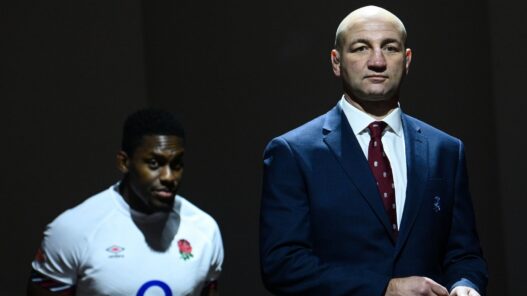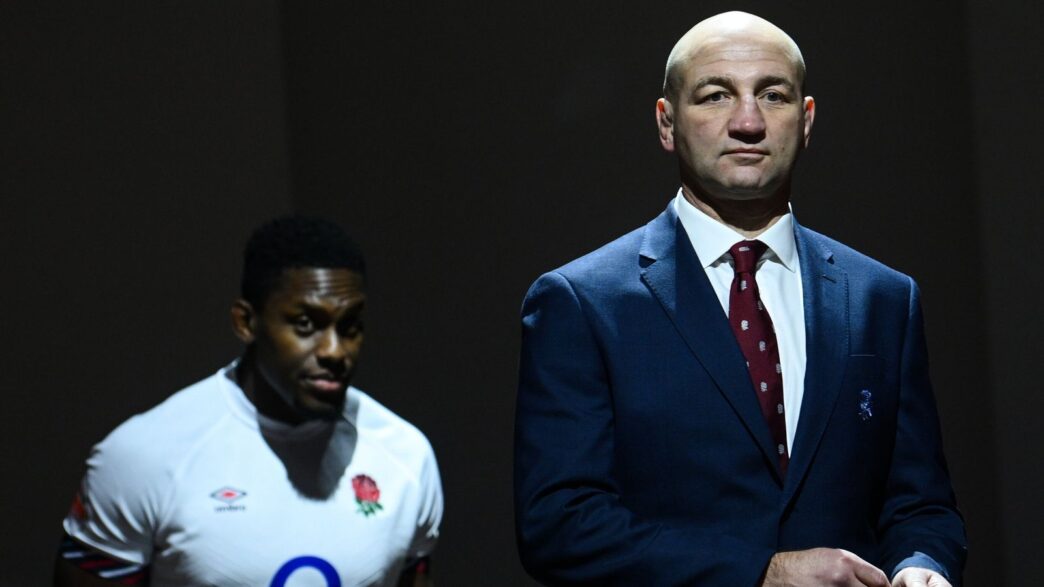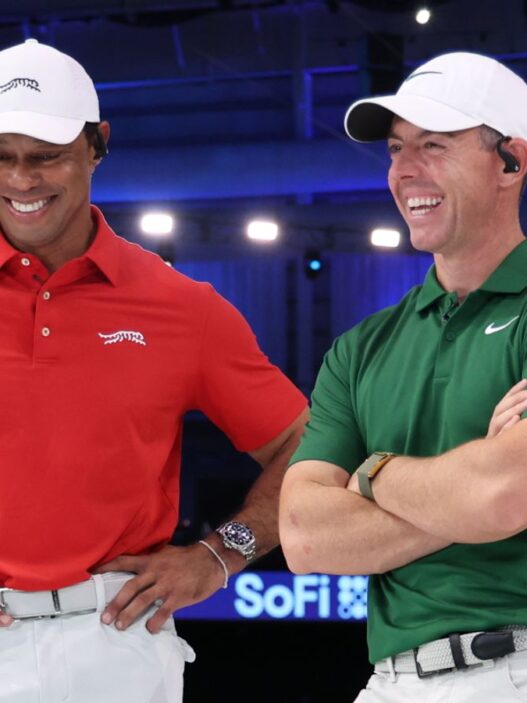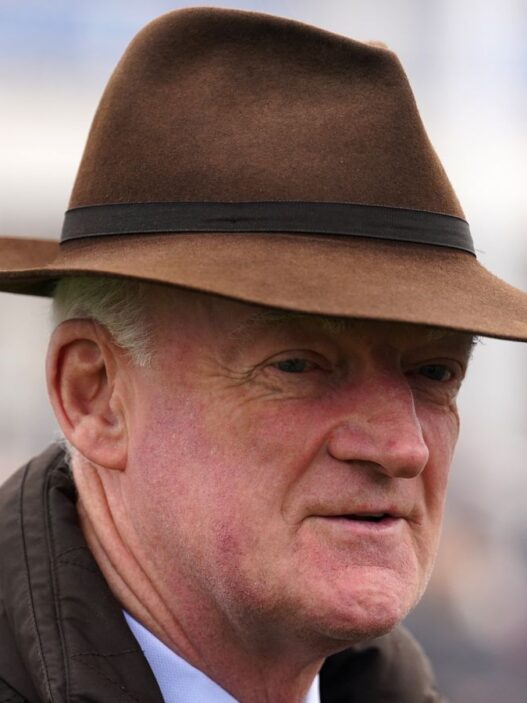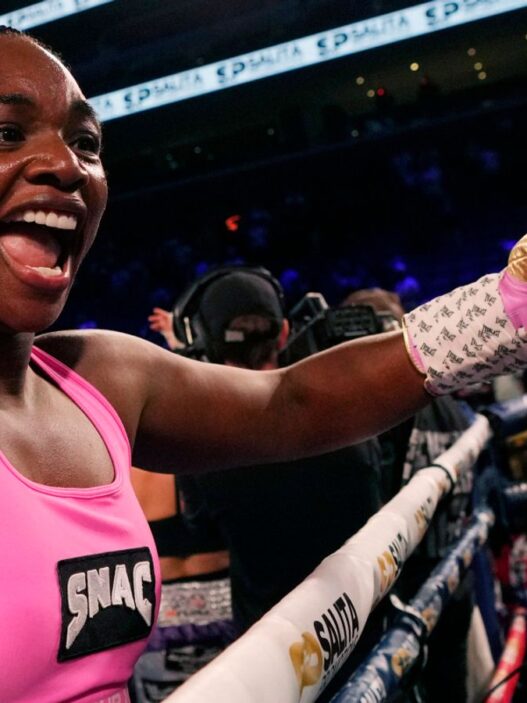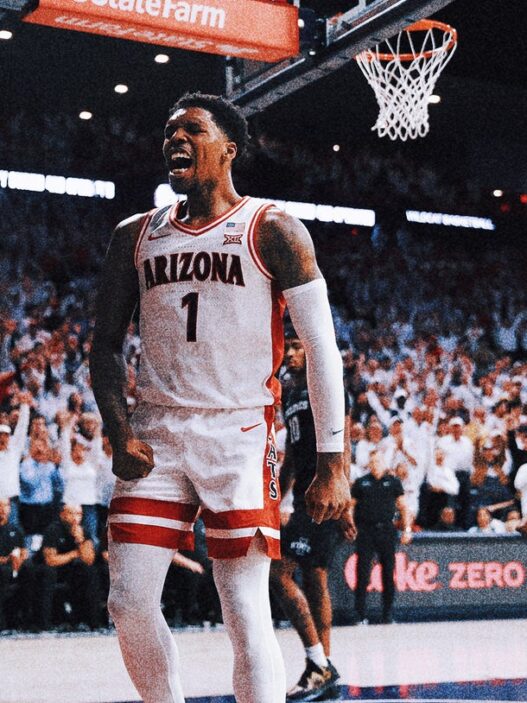The pressure is on England ahead of a Six Nations campaign where only an upturn in fortunes will do for head coach Steve Borthwick.
England have lost seven of their last 10 Tests, including three on the spin in the autumn at Allianz Stadium.
If Borthwick is to prove he is the right man to lead the new World Cup cycle then England must hit the ground running, but they have zero room for manoeuvre in a brutal opening set of fixtures.
The gauntlet has been laid down by an opening clash against Ireland in Dublin, before France and then Scotland travel to Twickenham with the potential to create more problems for Borthwick.
And if that was not already hard enough, an untimely injury crisis on the eve of the tournament has made England’s quest for a first Championship in five years that bit harder.
Six Nations 2025 fixtures: England
- February 1: Ireland (a)
- February 8: France (h)
- February 22: Scotland (h)
- March 9: Italy (h)
- March 15: Wales (a)
The Itoje era
Maro Itoje will lead England into a Guinness Six Nations for the first time as captain after a surprise leadership overhaul by Borthwick.
Former captain Jamie George, who has since been ruled out of the tournament by injury, had been in charge since the 2023 World Cup but has been replaced by his Saracens team-mate.
It is the first time Itoje has been give the role, although he took over from George when the hooker was substituted in games, and the 30-year-old lock continues his rise as a leader having been installed as Saracens skipper at the start of the season.
Itoje’s promotion to the captaincy at the expense of George may be indicative of the pressure Borthwick is under, but the head coach will need more than a change of leader to inspire a turnaround.
Will England realise potential under new captaincy?
Itoje has made realising England’s potential his number one priority after being installed as captain for the Six Nations.
“This Six Nations is huge for us. It’s not necessarily about silencing critics or anything like that, it’s about achieving what we want to achieve as a team,” Itoje said.
“To succeed you need to win. We want to grow, develop and progress. To do those things we need to get the right results.
“England have the potential to do well and win against all the teams. We want to fulfil our potential and take a step in the right direction. That will be judged by how successful we are.
“We have fallen short over the last year in the final stages of games. While I think we are on a positive trajectory, it requires more to get the results you want.
“We need to work harder in almost all aspects because we are not where we want to be. To get to where we want to get to, we need to do more.”
Lions watch – Ollie Chessum
The Leicester forward is competing in a ferocious area of the squad against the more established Tadhg Beirne, who provides the option of a second row who can play blindside flanker, but a fit Chessum could still be an asset to the Lions.
Chessum’s work rate is vital for England, covering a huge amount of metres, filling in gaps in defence and bringing line speed.
While not as physical as some of his rivals, his mobility enables the selection of bigger players around him. Avoiding injury has been a challenge and he is returning from a knee problem.
Mitchell returns to fitness to boost England
England’s prospects of causing an upset in their Six Nations opener against Ireland have improved after Alex Mitchell was cleared to take part in Dublin.
Mitchell became a doubt for Saturday’s Aviva Stadium showdown after suffering a knee injury on European duty for Northampton against Munster on January 18.
But England’s first-choice scrum-half has now been added to the 36-man squad that is in Girona preparing for the match, clearing the path for his return against the tournament favourites.
Mitchell replaces uncapped Saints team-mate Henry Pollock in the squad and is expected to be given the No 9 jersey when Steve Borthwick names his team on Thursday.
It will be his first appearance since facing New Zealand in Auckland in July after a neck injury ruled him out of the entire Autumn Nations Series.
Mitchell’s importance to England was underlined throughout November when his threat around the fringes and smart decision-making were sorely missed in defeats to the All Blacks, Australia and South Africa.
In his absence none of the alternatives in the position – Ben Spencer, Harry Randall and Jack van Poortvliet – were convincing and the hierarchy below him remains uncertain.
Spencer, Randall and Raffi Quirke are competing to provide scrum-half cover from the bench with Van Poortvliet ruled out against Ireland though injury.
England’s Six Nations squad
Forwards: Fin Baxter (Harlequins), Ollie Chessum (Leicester), Arthur Clark (Gloucester), Luke Cowan-Dickie (Sale), Chandler Cunningham-South (Harlequins), Ben Curry (Sale), Tom Curry (Sale), Theo Dan (Saracens), Ben Earl (Saracens), Ellis Genge (Bristol), Joe Heyes (Leicester), Ted Hill (Bath), Maro Itoje (Saracens), Curtis Langdon (Northampton), George Martin (Leicester), Asher Opoku-Fordjour (Sale), Bevan Rodd (Sale), Will Stuart (Bath), Tom Willis (Saracens).
Backs: Oscar Beard (Harlequins), Elliot Daly (Saracens), Fraser Dingwall (Northampton), George Ford (Sale), Tommy Freeman (Northampton), Ollie Lawrence (Bath), Alex Mitchell (Northampton), Cadan Murley (Harlequins), Harry Randall (Bristol), Tom Roebuck (Sale), Henry Slade (Exeter), Ollie Sleightholme (Northampton), Fin Smith (Northampton), Marcus Smith (Harlequins), Ben Spencer (Bath), Raffi Quirke (Sale), Freddie Steward (Leicester).
Championship record
Outright titles – 29 (Six Nations in bold)
1883, 1884, 1892, 1910, 1913, 1914, 1921, 1923, 1924, 1928, 1930, 1934, 1937, 1953, 1957, 1958, 1963, 1980, 1991, 1992, 1995, 1996, 2000, 2001, 2003, 2011, 2016, 2017, 2020

